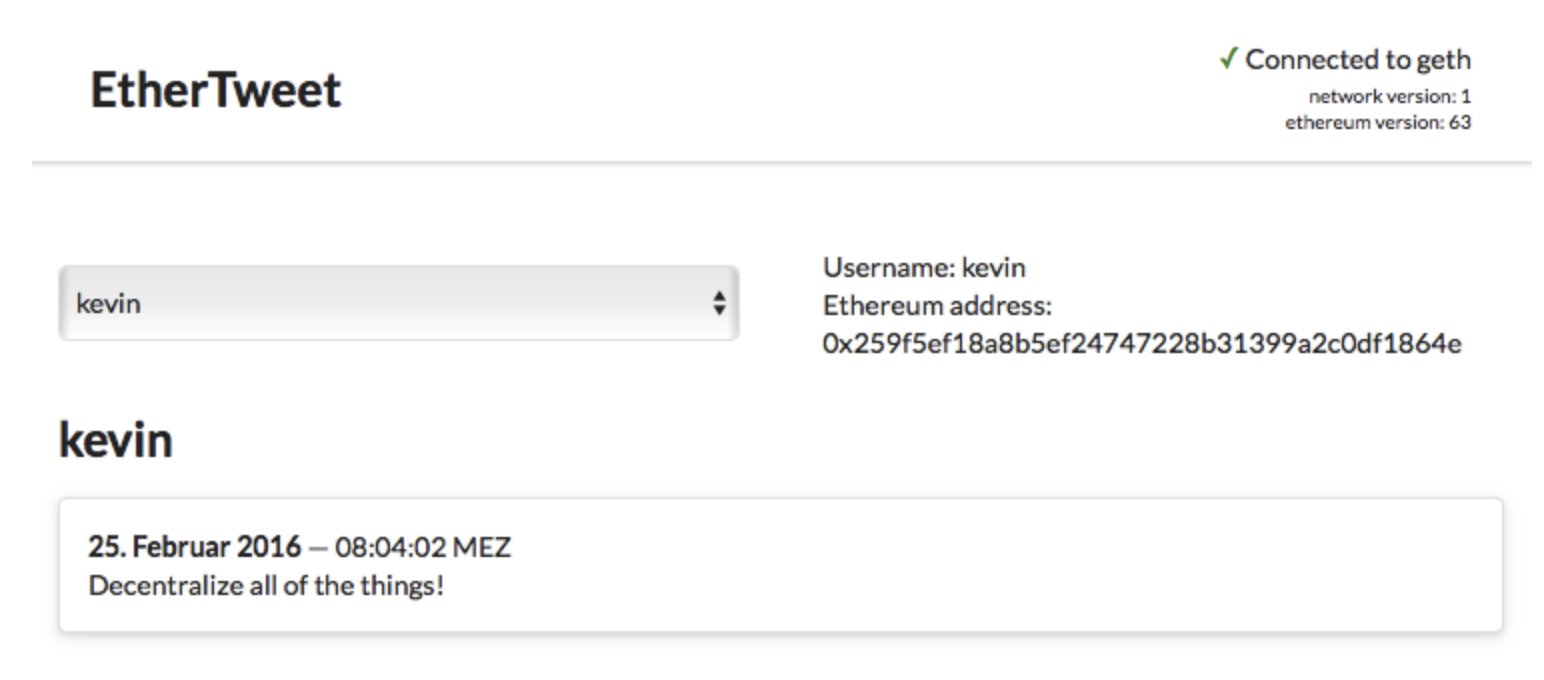If you ask Ethereum co-founder Vitalik Buterin about the current state of the crypto industry, he’d disagree with the majority view.
Many claim the industry is still nascent, but it’s been years since crypto first emerged—Bitcoin has been around for about 15 years and Ethereum for over 10.
Speaking at a recent keynote at TOKEN2049, Buterin asserted that the crypto world has undeniably matured. Still, he shared that we are in a new phase—no longer the infancy of cryptocurrency, but “certainly early” in terms of crypto being “actually usable”.
A lot of times when people talk to me about some of the challenges we’re facing right now, they tend to say, “You know, it’s still early days, we’re still building out the basic infrastructure, look how long something like the Internet took to get off the ground.”
People have been saying this since Bitcoin launched, but I think now is the time to focus on the product—crypto is no longer in the early stages.
Vitalik Buterin, co-founder of Ethereum
Why has decentralised technology lagged behind in adoption?
Driven by high transaction fees and unappealing, clunky user interfaces, crypto has not achieved mainstream adoption despite being around for almost two decades.
In fact, Buterin pointed out that these issues, especially the hefty transaction fees, “ended up killing at least the original wave of exploration into getting everyone to adopt Bitcoin as a currency”.
It has always been the fees.
If you remember the marketing of cryptocurrency in the beginning, it talked a lot about the fees for Western Union, Paypal, credit cards. They charged customers incredibly high fees. But then the fees for Bitcoin itself have gone up to US$50. The fees for Ethereum have gone up too.
Vitalik Buterin, co-founder of Ethereum
This is why Ethereum has doubled down on improving scalability. With several major protocol updates, such as EIP-1559, Ethereum transaction fees have dropped to “basically zero”, according to Buterin.
In addition, Buterin shared that transaction waiting times—another obstacle in the mainstream adoption of cryptocurrencies—have also significantly improved.
Bitcoin blocks are generated every 10 minutes. So you’d have to wait 10 minutes, or even an hour, for your transaction to be confirmed. Theoretically, Ethereum has a block confirmation time of 13 seconds, but the market can be inefficient and sometimes you have to wait for completely random block confirmation times, which could be five minutes or even longer.
Vitalik Buterin, co-founder of Ethereum
However, thanks to the Merge, which transitioned Ethereum to a Proof-of-Stake network in September 2022, average block confirmation times have been halved—Ethereum’s transaction waiting times are now down to between five and 15 seconds.
When it comes to user experience, Buterin said that the user interface of Web3 social apps is now on par with Web2 offerings. He showcased screenshots comparing EtherTweet from 2015, which he described as resembling “a hackathon demo,” with 2024 images of Firefly, stating that the user experience has clearly evolved today.
Technological limitations were a stopping factor, but they no longer are
With these improvements, Buterin proclaimed that the “reasons not to use cryptocurrencies are no longer here”, but what would make users shift to using it if it seemingly doesn’t offer additional benefits?

“One of the mistakes I think people sometimes make is talking about crypto as being an efficiency technology,” said Buterin. “This was something people talked about even 10 years ago.”
Back in 2013, Bitcoin was typically advertised as a decentralised system that offered:
- an easier way to transact and make payments
- security and control over your money
- zero or low fees
- identity protection
Of these four, Buterin said that only two characteristics—security and identity protection—are truly unique to cryptocurrencies today.
“The other two characteristics were once unique to cryptocurrencies, but that’s no longer the case,” he said. “We now have Venmo and Single Euro Payments Area (SEPA) payments, we also have WeChat Pay—centralised systems keep getting better and better.”
Despite the advancements in centralised systems, Buterin shared that access to finance and payments still faces significant challenges, not due to technology but global political constraints—an area where cryptocurrencies can make a difference.
It’s important to remember that the benefits that cryptocurrencies bring to the world, they are not tied to technological advancements. It’s not like switching from a regular jet to a supersonic jet—that’s a technological advancement. Crypto is a different type of technology altogether.
Vitalik Buterin, co-founder of Ethereum
Citing a blog post by Josh Stark, Buterin went on to explain that blockchains allow us to create a sort of “digital hardness”—digital structures that are extremely robust and can “resist being broken, in the same way you can make hard physical structures out of concrete”.
Blockchains, because of this “hardness”, will enable the Internet to not only route around weaknesses in “old-world” structures, but also do a better job in building better alternatives that can solve issues in technologies before blockchain.
“Eat both pills”

As the crypto industry makes further breakthroughs, Buterin emphasised the need to maintain decentralisation while meeting the needs of mainstream adoption.
“There are two wrong paths I see the crypto industry headed towards in the next 10 years,” said Buterin. “The first is sacrificing utility for decentralisation and forever being an ecosystem that’s just appealing to itself and has only 691 users.”
“The other bad path is to sacrifice decentralisation for practicality, and to say, okay, we’re trying to get mass adoption, and so guess what: for the next great crypto application, you’ll need to log in with a Gmail account.”
However, he argued that the industry does not need to “take these dark choices”—practicality and decentralisation can co-exist, and solutions like multi-signature secure smart wallets can pave the way.
We can have decentralisation and we can have practicality at the same time. Eat both pills—be purple.
Vitalik Buterin, co-founder of Ethereum
- Find out more about Ethereum here.
- Read other articles we’ve written about cryptocurrencies here.
Featured Image Credit: TOKEN2049

![[TOKEN2049] Vitalik Buterin says crypto’s early days are over [TOKEN2049] Vitalik Buterin says crypto’s early days are over](https://sianzzz.com/wp-content/uploads/2024/10/Vitalik-buterin-token2049-singapore.jpg)


